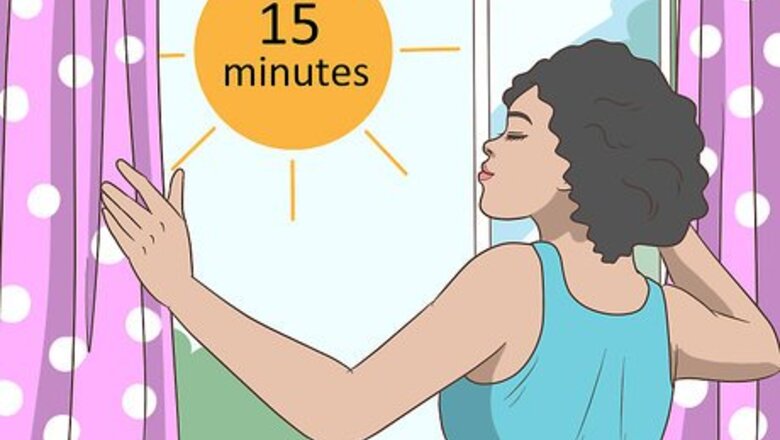
views
X
Research source
Expose yourself to 15 minutes of sunlight a day.
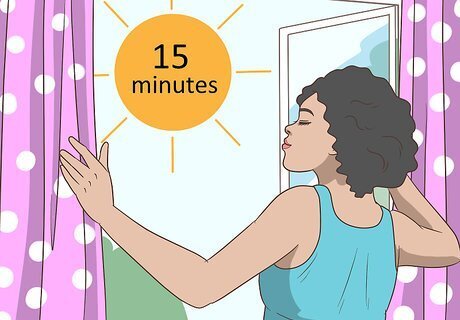
Get some natural sunlight every day, preferably in the morning. Exposure to natural light during waking hours helps balance your body’s circadian rhythms, leading to increased melatonin production at night. The American Academy of Dermatology recommends that people of all skin tones wear 30 SPF sunscreen when in direct sun. Getting some sun exposure from a window is better than getting none at all, if you can’t get outside. Workers in offices with windows tend to produce more melatonin (and sleep better) at night than those who work in offices without windows.
Dim or switch off lights in the evening.
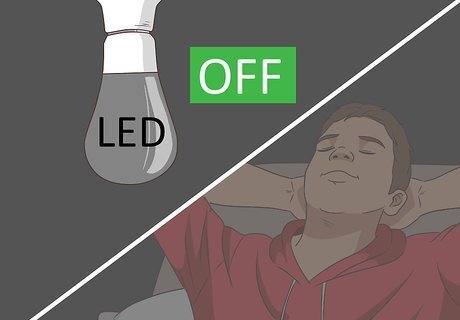
Turn off LED lights when you wind down at night. These light bulbs produce blue light, which suppresses your body’s natural melatonin production. Opt for traditional fluorescent bulbs, which produce blue light at a lower level, or blue-light free bulbs intended to maximize melatonin levels. Blue-light free bulbs can be purchased at several online retailers or your local hardware store.
Use a dimmer switch in the evenings.
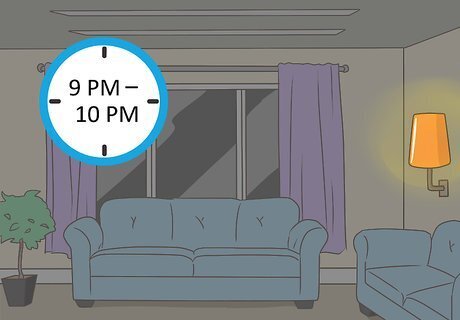
Dim the lights around your house in the hours before bed. It's best to create a darker environment no later than 9:00 or 10:00 PM. The gradual darkness will help your melatonin levels rise naturally. You can purchase a dimmer to add to existing lamps at your local home-improvement store or online.
Sideline electronic devices in the evenings.
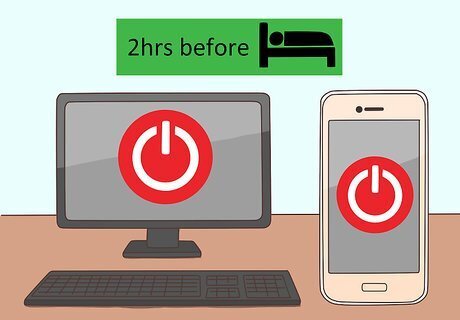
Avoid using your tablet, phone, and computer in the hour or 2 before bed. These devices emit high levels of blue-light, which suppress your natural melatonin production. Your melatonin levels will rise when your eyes are not exposed to this kind of light before bed. You’ll probably sleep better, too. Put your devices in night mode, which emits less blue light, if you need to work in the evenings.
Sleep in complete darkness.
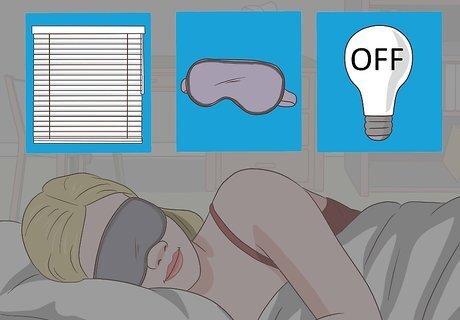
Use blackout shades to make your bedroom very dark at night or try a sleep mask. Avoid using nightlights or leaving a bathroom light on, as these suppress your natural melatonin production. The darker your bedroom, the higher your natural melatonin surge will rise.
Install a dim red light in your bathrooom.
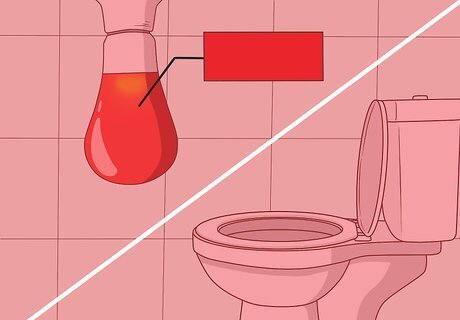
Aid your body’s natural melatonin surge at night by installing a red light in your bathroom. Red-spectrum bulbs are less disturbing to melatonin levels than LED or even fluorescent light bulbs. By using one, any evening bathroom visits will be less likely to disrupt your sleep cycle.
Eat melatonin-rich foods and spices.

Incorporate more walnuts, orange bell peppers, tart cherries, tomatoes, flax-seeds, and goji berries into your diet. If you don’t love these foods, spices can also be a great way to boost melatonin. A teaspoon (2 grams) of mustard seeds or fenugreek have as much melatonin as a few tomatoes. Drinking tart cherry juice is a nice melatonin-boosting alternative, if eating these foods doesn’t appeal to you. There is no recommended daily amount of melatonin a healthy adult needs to ingest, as most people produce sufficient melatonin without dietary supplementation.
Consume calcium-rich foods and drinks.
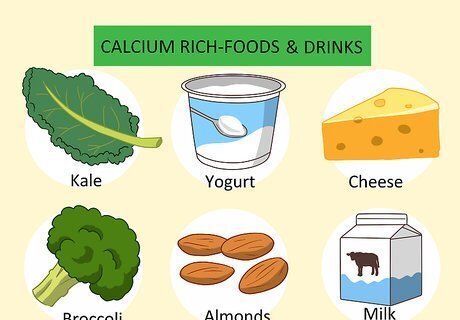
Add kale, collard greens, yogurt, cheese, broccoli, and almonds to your diet for added calcium, which aids melatonin production in the body. Drinking calcium-rich beverages, such as milk, is also great for naturally increasing your melatonin levels. Calcium needs vary with age, but the average adult needs around 1,000 mg of calcium per day—the amount in 3 large glasses of milk.
Minimize your caffeine intake.
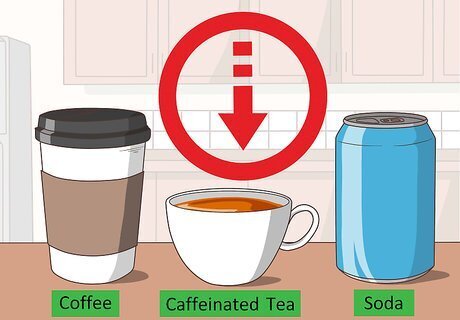
Reduce the amount of coffee, tea, and soda in your diet. Caffeinated drinks decrease melatonin production, so avoiding them will allow your body to maximize its melatonin levels naturally. Try to drink no more than 200 milligrams of caffeine daily—about the amount in 2 cups of coffee. That’s about half the maximum recommended amount for a healthy adult. Avoid drinking or eating anything with caffeine in the evenings.
Embrace healthy drinking habits.
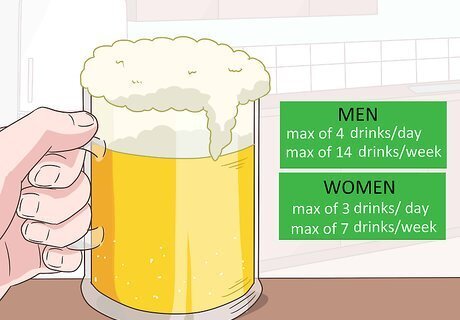
Cut back on your alcohol consumption if you regularly drink to excess. While an occasional drink is not an issue, regular, heavy drinking decreases natural melatonin production and can interrupt sleep. Men should aim to drink no more than 4 drinks in a given day or 14 drinks in a given week. Women should aim to drink no more than 3 drinks a day or 7 drinks in a week.
Take 1-3 mg of melatonin 90 minutes before bed.
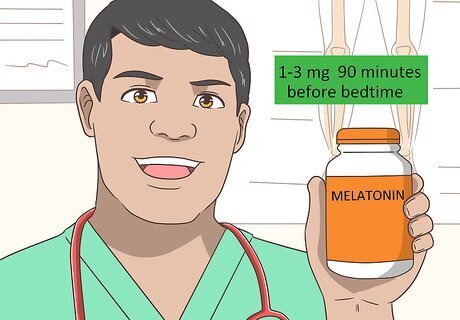
Talk to your healthcare provider about whether supplementation with melatonin makes sense for you. Supplementing with melatonin is most effective for those with disrupted internal clocks, such as shift workers or jet-lag sufferers. Your healthcare provider can advise on the specific dosage for you. Typically melatonin is taken once a day before bedtime. Ask your healthcare provider about the benefits of sustained-release melatonin if you have difficulty staying asleep. Taking more melatonin than recommended will not help you sleep better. In fact, too much melatonin can contribute to sleep problems or headaches.
Get into the habit of meditating each night.
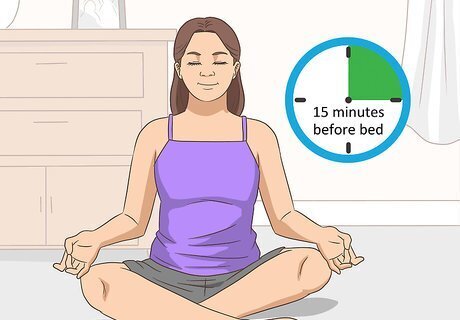
Meditate for 15 minutes before bed. Regular meditators have higher melatonin levels than those who don’t meditate. Limit your session to less than an hour for the greatest benefit to your melatonin levels.
Take a hot bath before going to sleep.
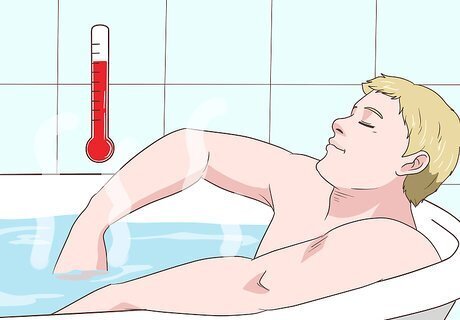
Run a hot bath about an hour before bed at night. In the bathtub, your body temperature will rise, but when you get out, your body temperature will fall rapidly. This quick drop in body temperature signals for your brain to release a surge of melatonin. Adding a drop or 2 of essential oils, such as lavender or clary sage, can enhance your bath’s relaxing properties.
Change up your exercise routine.
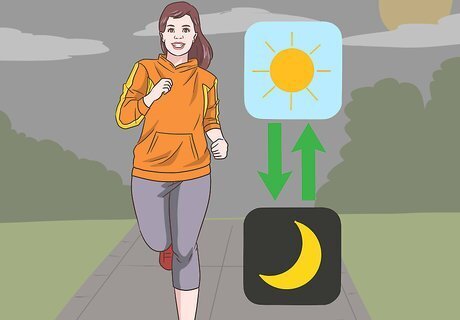
Try exercising in the evening rather than in the morning. Keep up this new schedule for a week or 2 to see if makes a difference. If you find that exercising later keeps you up at night, go back to your old routine. Remember to always take precautions when exercising at night. Run with a buddy and wear reflective gear, if necessary. While exercising first thing in the morning may be great for maintaining your exercise routine, it typically doesn’t increase melatonin levels like exercising in the evening does.










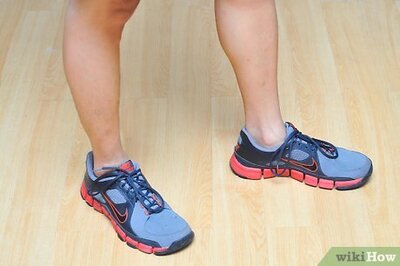




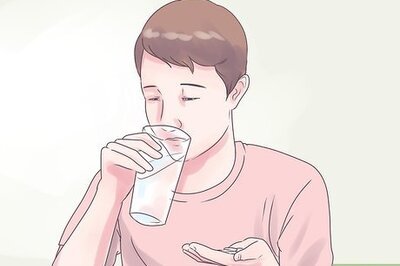




Comments
0 comment